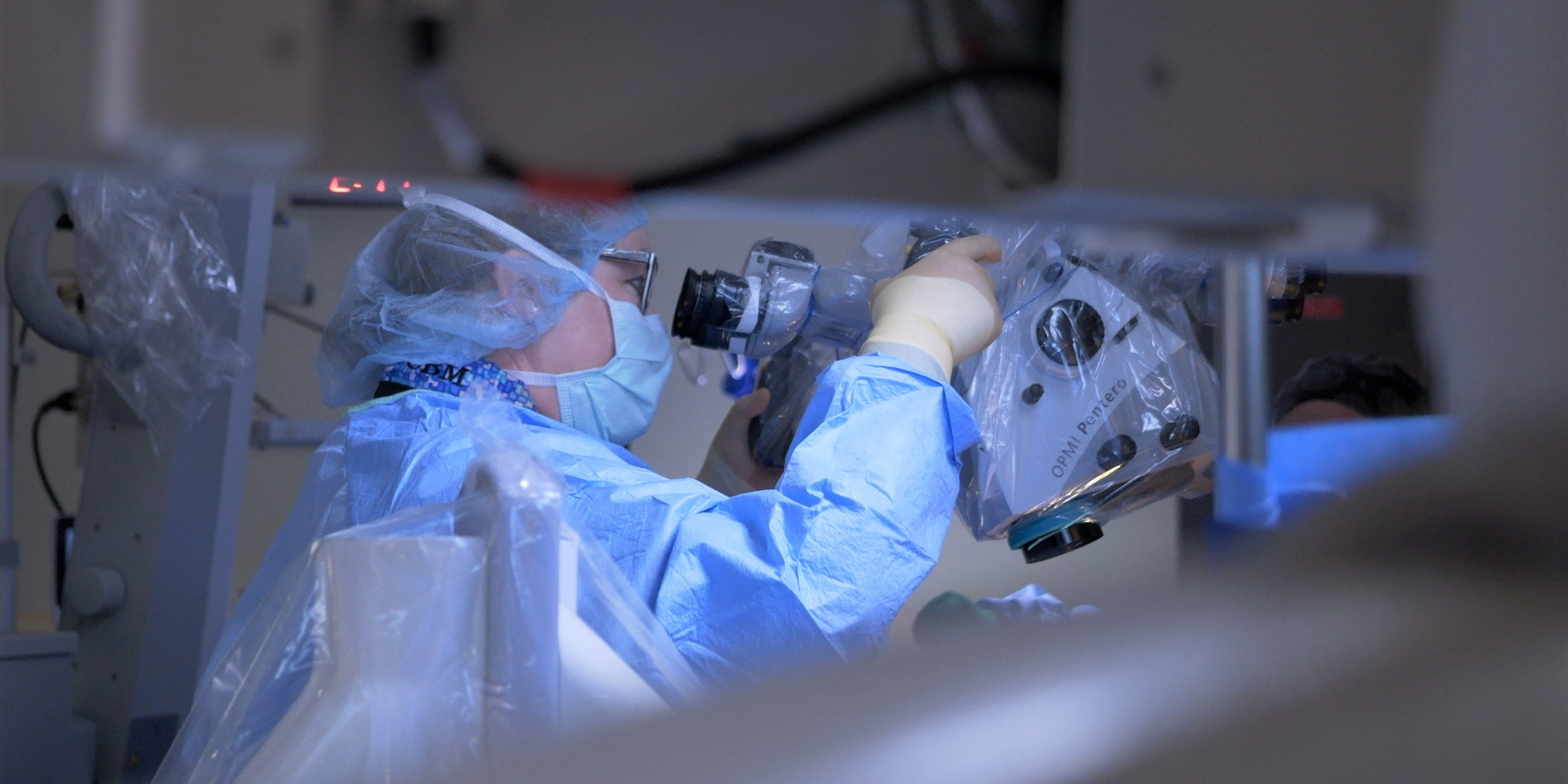
Five things to know about advanced medical directives
No one likes to think about the possibility of an unforeseen trauma or life-threatening illness. But it can happen. Know there are steps you can take to make sure your loved ones and family members know your desires. By planning ahead, you can save your loved ones the undue anxiety and stress of having to guess what you would have wanted.
Advanced medical directives are the tools necessary to communicate your wishes to your loved ones and your healthcare team.
5 things you need to know about advanced medical directives
1. What are advance medical directives?
Advance medical directives are legally binding documents that lay out how you would like to be treated in the event you are unable to communicate your wishes yourself.
2. Why should I complete an advance medical directive?
It's your right to accept or refuse medical care. Advance directives will protect your right if you become mentally or physically unable to communicate your wishes due to an illness or injury. Being proactive relieves caregivers from guessing what you would have wanted will lessen the decision making burden during a moment of crisis or grief.
3. How is a health care power of attorney different from a living will?
A health care power of attorney is a written document where you name a person (your agent) to act on your behalf when you are unable to make your own decisions. Decisions that can be made by a healthcare power of attorney include:
The health care power of attorney empowers your agent to make and implement your instructions regarding your health care if you are terminally ill, in a permanent coma, and are unable to communicate. Your agent can communicate your wishes on a number of healthcare choices, including life-support treatments and medical procedures, devices, or medications to keep you alive when your body might not be able to keep itself alive on its own.
Your documented choices in your living will speak for you when you are unable to speak for yourself. The living will does not require an agent to enforce; your written choices should be honored by your health care provider.
- It is advisable to have both a living will and a healthcare power of attorney.
- Decisions about care: including tests, medications and surgeries
- Admission to skilled nursing or assisted living facilities
- The decision about where to seek care
- Decisions to approve or decline life-support treatments
4. What are some of the benefits of having advance medical directives?
Advance directives can limit life-prolonging measures when there is little or no chance for recovery if that is your wish. They can provide relief for family members and loved ones, helping them to know your wishes during an already stressful time.
5. How do I complete advance medical directives?
You may obtain the documents from your healthcare provider or discuss your desire to complete the directives with your attorney. You can also find resources online at Aging.SC.gov/Legal and through the South Carolina Bar at SCBar.org.












